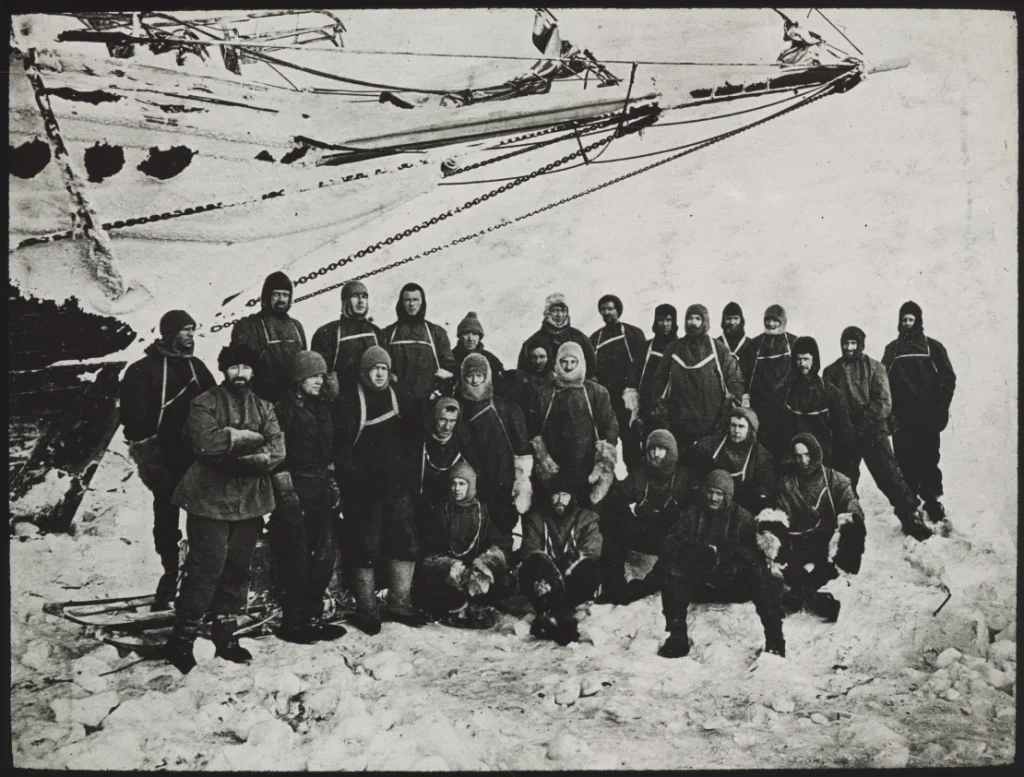
Is Resilience KEY to effective leadership?
Building resilience involves developing skills, habits, and mindsets that allow us to bounce back from challenges, adapt to change, and keep moving forward. Building resilience is intrinsically linked to having better emotional regulation, which is considered a core capability of emotionally intelligent leaders. Studies consistently show that emotionally intelligent leaders are better at managing stress, fostering strong relationships, and maintaining a positive outlook, all of which strengthen resilience.
Daniel Goleman underscores that while IQ and technical skills are valuable, emotional intelligence is what truly differentiates effective leaders. He notes, “The most effective leaders are all alike in one crucial way: They all have a high degree of what has come to be known as emotional intelligence.”
So, how do we regulate our emotions in order to become more emotionally intelligent? We can take daily, small steps to build our resilience. Building resilience can be quite challenging, especially if you’re starting from a place of stress or adversity. But it’s worth doing the work. Like any skill, resilience becomes easier the more you practice it, and consistent steps in the right direction can lead to substantial improvement over time.
Ernest Shackleton’s Endurance expedition (1914-1917) exemplifies resilience in polar exploration.
When his ship was trapped and crushed by ice, Shackleton shifted focus to survival, maintaining morale, making strategic decisions, and leading his crew through nearly two years of extreme conditions.

When it was obvious that the ship was lost to the ice, Shackleton, wrote Alexander Macklin, one of the ship’s surgeons, “did not rage at all, or show outwardly the slightest sign of disappointment; he told us simply and calmly that we must winter in the Pack; explained its dangers and possibilities; he never lost his optimism and prepared for winter.”
Through adaptability, empathy, and determination, he brought all 27 crew members back alive, demonstrating how resilience—marked by tenacity and unwavering commitment—was essential in overcoming seemingly insurmountable challenges.
Focus areas for building resilience include:
1. Focus on Physical Wellbeing
Resilience is deeply connected to physical health. Getting regular exercise, enough sleep, and a balanced diet can vastly improve your mood and energy levels, helping you cope better with challenges.
2. Develop Problem-Solving Skills:
Rather than avoiding problems, work on your ability to approach them systematically. Breaking problems into smaller steps makes them seem more manageable and increases your confidence in tackling them. All the polar explorers who survived did so by being able to systematically solve problems as they arose on their journeys – and they were considerable, often with life-or-death outcomes.
3. Set Realistic Goals and Celebrate Progress:
Setting small, achievable goals helps build a sense of accomplishment, boosting confidence and resilience. Celebrating even small wins can create a positive feedback loop, encouraging continued effort. The great polar explorers took each day as it came, setting distance goals and stopping when they reached them, while not being disheartened when harsh weather prevented them on any particular day from achieving their goal.
4. Develop Emotional Awareness:
Understanding and managing your emotions can help you respond to challenges in a balanced way. Journaling or talking to a counsellor can increase your emotional self-awareness. While Shackleton always kept a brave face to his expedition crew and was often the most jovial and engaging of all people, he privately expressed his concerns only with his go-to person Frank Wilde, as an outlet for this expression.
5. Establish Healthy Boundaries:
Resilience is not just about enduring; it’s also about knowing when to step back. Setting boundaries helps prevent burnout and conserves your energy for the most important challenges.
6. Cultivate a Growth Mindset:
Embrace challenges as opportunities to learn and grow rather than setbacks. Adopting a growth mindset helps you see failures as temporary and encourages persistence. While the term ‘growth mindset’ wasn’t in fashion in the early 1900s, the heroic Antarctic explorers all certainly embodied a spirit of adventure and resilience.
7. Practice Self-Compassion:
Instead of being overly self-critical, treat yourself with kindness and patience when things don’t go as planned. Self-compassion fosters emotional resilience by reducing feelings of stress and inadequacy.
8. Build Strong Connections:
Social support from friends, family, and colleagues plays a critical role in resilience. Maintaining a network of supportive relationships provides encouragement and perspective during tough times. While the great explorers were away from their family and friends for years on end, they were able to build social networks within their ranks, and that was key to people feeling supported and engaged in such testing conditions.
In conclusion, and while you may not be setting off on an expedition into the unknown, you are likely facing modern day pressures that will test your resilience. It’s heartening to know that you too can exercise your ‘resilience muscles’ and fortify yourself in a similar way to how the great polar explorers coped with their challenges 100+ years ago.
